Training for Vannav2016 and beyond..4/10/2016 I have been a bit quiet on this blog since the New Year, so here is an update on whats been going on for the last few months. I am currently on a rest week after the biggest 3 week training block of my life in preparation for my next big adventure - Vannav2016. I have teamed up with UK expedition kayaker, Joe Leach to take on a kayak expedition around Vancouver Island, Canada in late May this year. It is a 700 mile circumnavigation of what looks and sounds like one of the most incredible places in the world to kayak and adventure in the wild. This is a project we started to work on way back in October 2015 when I was in Patagonia and our departure date is fast approaching. So for the last 6 months we have both been busy putting everything in place and preparing for the trip. A major part of this preparation has been physical training. With us both having a desire to cover big miles each day and an incredible record of under 13 days already achieved, the physical demands of this trip will be something I have never experienced before. I thought I might try to give you some insight in to my preparations for this expedition. This is only my way of training and preparing, I have learned mainly from books, other athletes and trial and error over the last few years. I am certain others will have different approaches which is great. I think you have to do what is right for you and enjoy it. I can honestly say I love training and sure there are times its tough but afterwards you always look back with a sense of achievement and accomplishment. So how do you prepare to kayak 700 miles as fast as possible? A hard question to answer but, my approach is as follows... To take on distances of 75km or more each day for 12 to 15 days, I believe that you have to build an engine inside you that can keep you going for up to 15 hours a day. Fondly referred to as the "diesel engine" you are not looking for speed but, the ability to just keep going and going, hour after hour, day after day like a reliable old farm machine. To build such endurance takes a long time, it probably take 5 or more years to train real endurance into your body and definitely is not something you can achieve in a few months. Sure if you only want to complete one event or challenge its more possible but, if you want to be able to recover and move on afterwards you need a serious foundation that can only be built over a long period. Luckily I have been preparing for this expedition for the last 3 years unknowingly, having completed a number of races like Devizes to Westminster and other events covering ultra distances over multiple days. The progressive increase in distances and time have all been building towards this. And its not just physical training, it takes a long time to be psychologically able to do very long training sessions- nearly always on your own. Battling your inner chimp on a regular basis to go out and slog away for a few hours is tough and often requires some trick of the mind to complete. Periodised trainingI track all my training on Garmin Connect where I have weekly and monthly totals for hours of training, distance, heart rate and other data. This allows me to have a progressive build over the weeks and months of training and easily see my volume at the end of each week and month. I find this helps to motivate me to train, as I always want to fill in each week. 3 months ago after returning from South America I counted up the weeks I had until Vannav2016 and then started to create a training plan. I usually do 3 weeks of training with an increase in volume each week. (A 10% increase is normally advised) Then I have a rest week where I do half or less of my previous weeks total. I then begin the next 3 week training block and repeat the process. (Last year I could only manage 2 weeks of volume training without a rest so, I can identify a long term performance improvement there which is great.) Now it is easy to sit down and write amazing training schedules but in the real world it often doesn't play out so uniformly. I am not a professional athlete or do not have a coach to watch over me, so some weeks I might be busy and fall short of my target or I may even be tired and just can complete the total. (I rarely sacrifice quality for quantity!) That said it is easy to find excuses and you need to do everything possible to get the hours in. I am probably guilty of being a bit too flexible in my training but, this is a psychological thing I think, I can't stick to very rigid training plans. The chimp just won't do it, especially on my own. If I know I have x hours to do every day I probably wont get any done. Instead I often just go out for an hour and end up doing 2 or more. VolumeAbove is my training volume in time for the last 12 months. If you look at January 2016 to March (this training phase) you can see the increase from 21hrs in January to 36hrs in February and to 57hrs last month. You can also see the increase in kayaking as the seasons and focus change. The other main element is cycling which is great aerobic training and helps to get the big hours in. I also have completed a couple of 200km bike rides now and would like to go longer so, long term this will be useful training. Then running which is just great for fitness and an easy option sometimes. No messing with kayaks or bikes, just go. Also strength and conditioning for functional strength in the arms, legs and core. Sit ups, Chin-ups, press-ups, some weights etc.. I was overlooking this element for a few months this year until it was identified on our Anglesey training camp that you need to be hardened (for want of a better phrase) for expedition life e.g carrying a laden kayaks up a beach etc. Can put huge strain on muscles and tendons, so training for this has been implemented for the final 8 weeks. Now you may be wondering what a training week consists of? Ideally it will be a mix of steady sessions and some interval work during the week (1 to 2hrs), with longer sessions (3 to 4hrs) on the weekend or whatever way around you want to do it and also a rest day. Below is an example of a very good week for me and the end of my last block. It is also an example of how flexible I am with my training and how much variety I have in it. Mon- 3hrs Sea kayaking steady, 40min run easy, 30min S&C Tues -1hr Ski kayaking easy, 2.5hrs cycling steady Wed- rest, Thurs- 30min K1 kayaking steady(push), 2.5hrs cycling steady, 30min S&C Fri- 40min recovery run, Sat- 2hr cycle steady, Sun- 1.5hr K1 kayak Time trial (hard) and 2hrs easy cycle. Total 17.5hrs The aim for the majority of my training at this stage is steady or low intensity. I usually aim to maintain a heart rate of less than 150bpm for 80% of my training. The remaining 20% is at higher heart rate for short periods. As I move into the summer and racing season this will switch, with less emphasis on volume and more speed work. Rest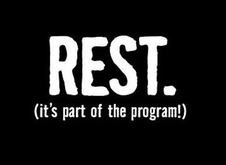 Its funny how the mind works. Going out and training 2 or 3 times in a single day is tough but sometimes doing nothing is the hardest thing of all. Rest is a key element in training and I can probably guess everyone reading this who was set on a goal has over trained at some point in their life and suffered the consequences down the line. (Usually sickness or injury.) I have recently started to be able to identify the real tell tale signs of over training in myself. I have noticed a change in my mood and outlook during weeks of heavy training especially after a few big days back to back. I feel tired, less positive and bit washed out, all sure signs I need a rest. The body is always tired! so you can't fully trust it when it comes to needing rest but, if the mind is tired you most definitely do need a day or two off. It has also reinforced the massively positive effect a few days rest can have on body and mind. I have even started to enjoy them! Cross Training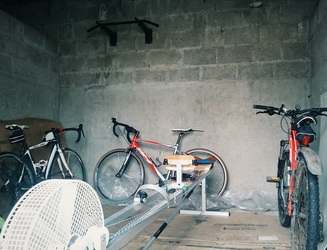 I cross train a lot all year round and especially during the winter. I love cycling, running and strength training and for me they are essential ingredients in my training program for a few reasons. The weather - Living on the west coast of Ireland it simply is not possible to get on the water every day. Sometimes it might not be possible for a week!. Gale force winds, driving sleet and rain make water based training a non runner for a lot of the winter. The lack of sheltered waterways like canals mean it is often too rough and dangerous to get out training on the water. Luckily I do have a kayaking machine (ergo) so I can do interval sessions on this is the weather is too bad. I usually limit its use to 60min sessions. My sanity- Yes!, its a major factor to consider when you start to train big volume in a sport that is not mainstream. Not everyone can give up 2, 3 or even 4 hours a day to go training and even fewer people would want to. So by cross training on the road bike or going for a run, I can usually find good partners to train with a few days a week. Having someone to talk to helps pass the time and you usually work a little harder or go further. Injury prevention- There is no point making big plans and training hard if you are going to get injured. Its most athletes biggest fear and is often avoidable with some sensible planning. By mixing up my training I can still build the volume to grow my aerobic engine without over stressing any one muscle group. If I kayaked every day I would most likely end up with shoulder injury within a few months and be out of action for even longer. I also follow a daily ritual of specific exercises to maintain my shoulders as I have suffered from an elevated scapulae on my right side. What next?Moving on to the final phase of training the aim for April will be to build more volume with 50% or more of it kayaking. I will hopefully get some long days kayaking back to back to help condition the body for the task ahead.
I am also planning a short trip over to a race in Belgium near the end of the month which will be the first of the season. Then with about 3 weeks to our start date I will begin to taper. Reducing the volume each week and giving my body lots of rest and nutrition. Here are a couple of good books I have found usefully with my training. 80/20 Running by Matt Fitzgerald - A great resource with some good anecdotes about hardcore athletes. The Chimp Paradox by Dr Steve Peters- Everyone will be able to identify themselves here. Brilliant model. Get the audio book!
4 Comments
Donal Sheahan
4/10/2016 06:07:08 pm
Great blog David. Very informative and gives a great insight into the hard work and preparation that goes into each adventure. 👍
Reply
David
4/11/2016 09:00:26 am
Thanks Donal
Reply
Pauline Jordan
4/10/2016 10:24:38 pm
Great insight into what's involved in such an undertaking. Lots of hard work and planning, I'm sure it will all pay off in the end. Best of luck in your venture
Reply
David
4/11/2016 09:01:00 am
Cheers Pauline
Reply
Leave a Reply.AuthorKayak instructor, athlete, business owner and outdoor enthusiast from the west coast of Ireland. Sponsors
Paddle & Pedal Blog HERE
Categories
All
Archives
September 2023
|
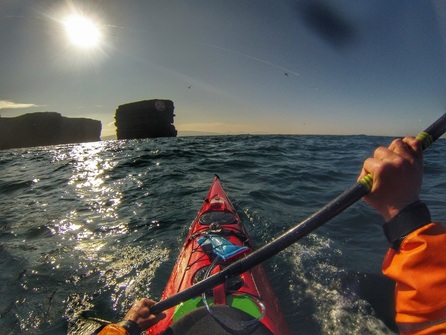
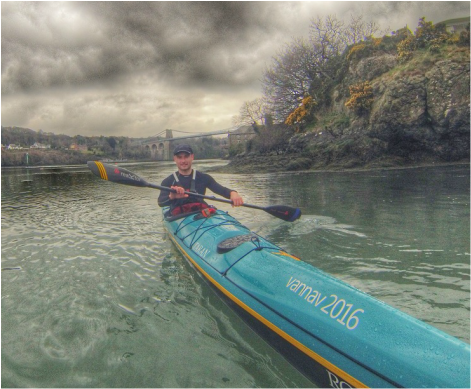
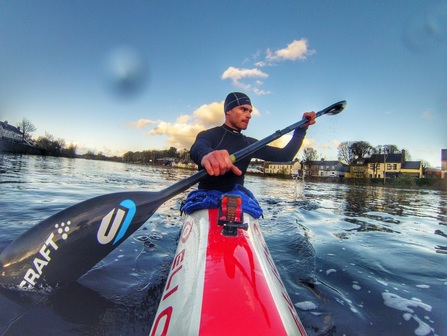
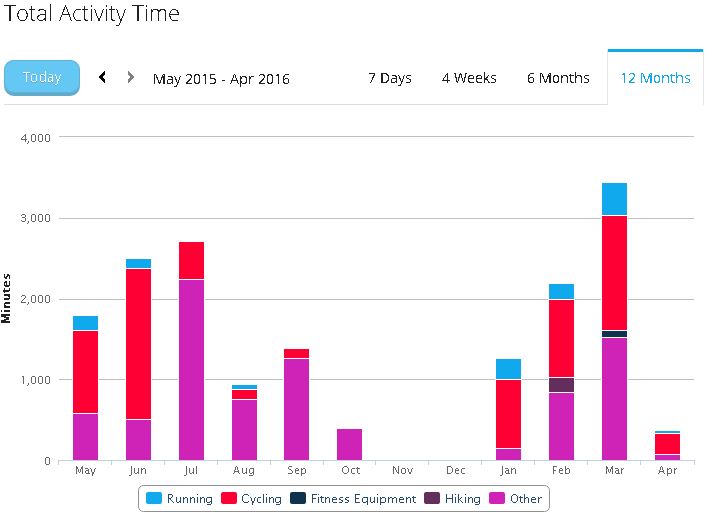

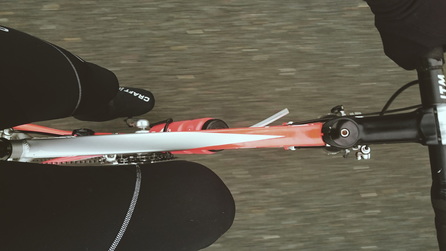
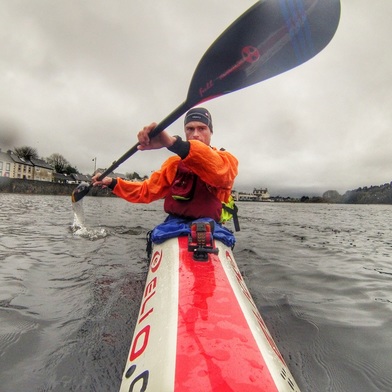
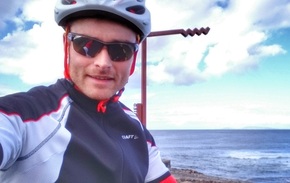





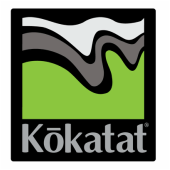
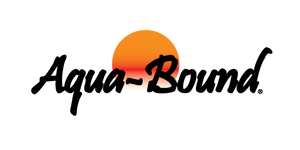



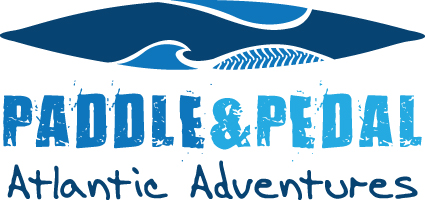
 RSS Feed
RSS Feed
